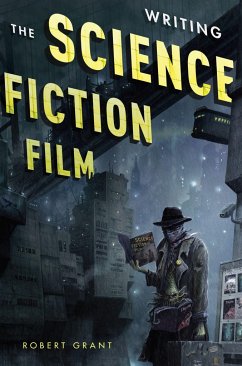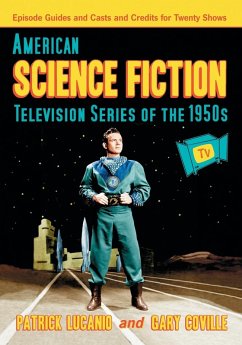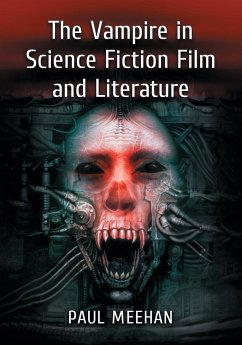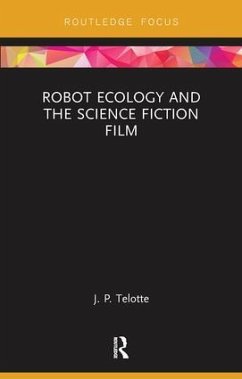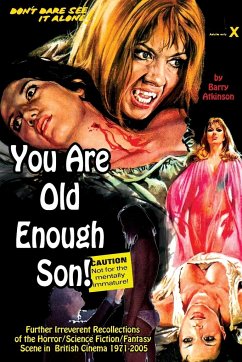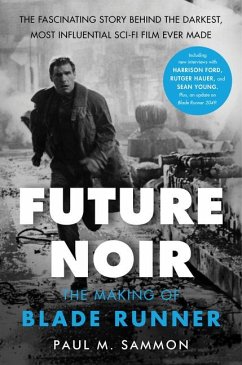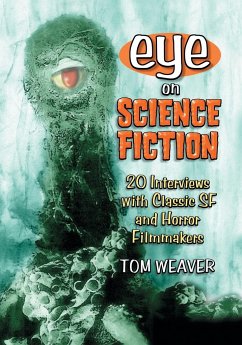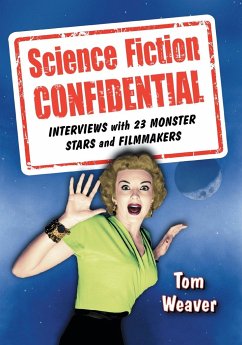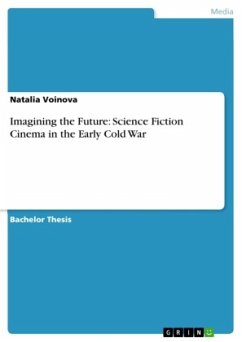
Imagining the Future: Science Fiction Cinema in the Early Cold War

PAYBACK Punkte
0 °P sammeln!
Bachelor Thesis from the year 2012 in the subject Art - History of Art, grade: 2.1, , language: English, abstract: Science fiction is always political as it has the power to stage contemporary problems through the lens of impossible events, it imagines theoretical futures out of present issues. The essay will compare the use of science fiction in cinema in the USSR and the United States of the late 1950s and 1960s to coincide with the period of de-Stalinisation and thaw in the USSR, and late McCarthyism in the United States. The genre provides an opportunity to express the scientific stand-off...
Bachelor Thesis from the year 2012 in the subject Art - History of Art, grade: 2.1, , language: English, abstract: Science fiction is always political as it has the power to stage contemporary problems through the lens of impossible events, it imagines theoretical futures out of present issues. The essay will compare the use of science fiction in cinema in the USSR and the United States of the late 1950s and 1960s to coincide with the period of de-Stalinisation and thaw in the USSR, and late McCarthyism in the United States. The genre provides an opportunity to express the scientific stand-off between the two powers through fiction, it is also a vehicle for dissemination of ideas and propaganda. Post-1956, when the period of de-Stalinisation officially began, science fiction saw a carefully crafted rebirth as a tool to reflect the socialist ideal and quasi-religious faith in science promoted by the Party. Science fiction uniquely demands for an imaginative view of the future, which corresponds with the Marxist- Leninist future-oriented ideology. The fear of external influence from the enemy for both countries results in heavily ideological cinema, especially in the sci-fi genre as an imagined reflection of contemporary issues onto a fictional future. The themes for American science fiction of this period are hyperbolised monsters and invasion, which reflect the fear of the otherness of the Soviet Union and its threat on domestic ideals. Soviet science fiction films focus on the heroic Soviet man, who frequently receives calls for help from outer space and overcomes great trials to save those not living in utopia.






